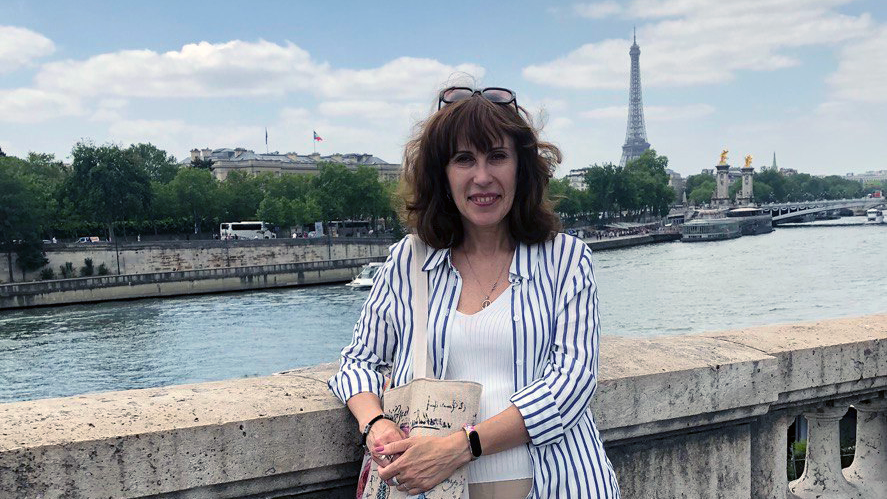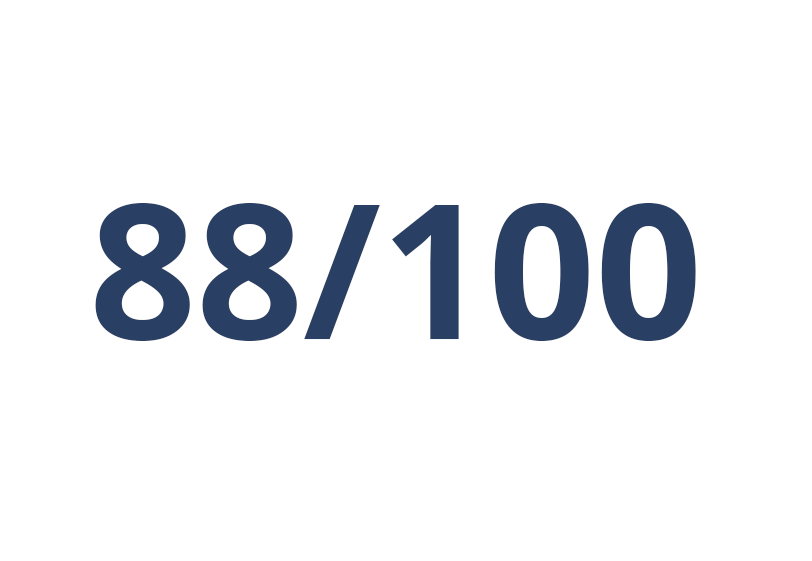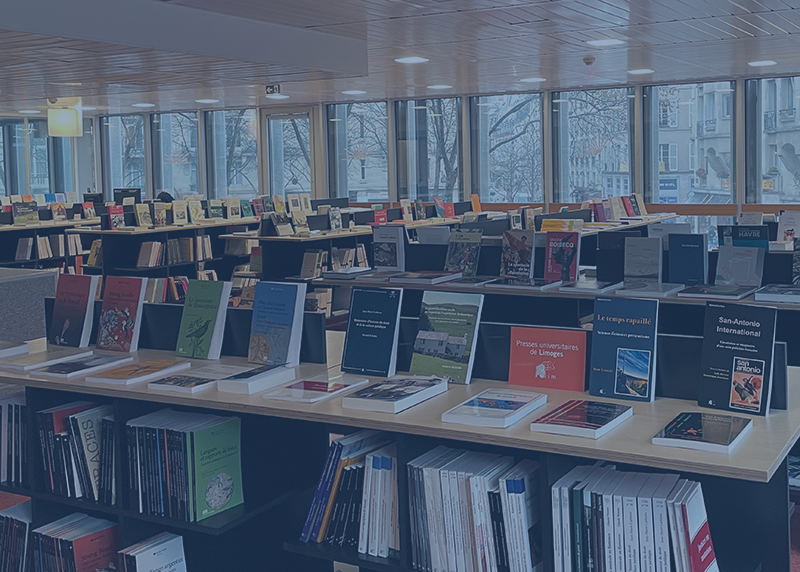Entretien avec Tetiana Medina

Entretien en anglais
Can you tell us about your background ?
I am a PhD in sociology, I work at Yuriy Fedkovych Chernivtsi National University, Ukraine. The main area of scientific interests is research in the field of education and gender studies. In particular, I worked on a project on the reform of the secondary education which was related to the search for opportunities for intercultural dialogue with national minorities in my region. Another district of my research is gender segregation in Ukrainian universities. I am at Entretien FMSH with the project "A Ukrainian student in Europe and Ukraine: social adaptation of internally and externally displaced secondary school students in worthy conditions", aimed at researching the problems of integration of Ukrainian schoolchildren into the host society, in particular, French secondary education.
Can you tell us about the project you work on ? Why did you choose this subject ?
The project "A Ukrainian student in Europe and Ukraine: social adaptation of internally and externally displaced secondary school students in worthy conditions" became possible thanks to the fact that the war in Ukraine has been going on for a second year. It caused the largest migration processes since World War II. In particular, 13.7 million Ukrainians left their homes, more than 5.6 million of them left Ukraine. At the same time, 2.7 million Ukrainians have returned to Ukraine from abroad since the beginning of the war. In most cases, these are women with children and elderly people. Adaptation is quite painful for many of them, primarily due to forced migration. France, as a country with extensive experience in the adaptation of migrants into the host society, offers Ukrainian migrants a significant number of adaptation programs. One of the areas of integration of school-age children is providing the opportunity to study in a French secondary school. 18,000 children study in French schools, and their integration is a challenge for many participants in this process: for the French teachers, for Ukrainian teachers who are concerned about continuing their education in Ukrainian schools (online), but most of all for children and their family members who had to integrate into a new society without knowing the French language.
The purpose of the study is to analyze the problems of integration of displaced schoolchildren in secondary education institutions in Ukraine and France under conditions of military aggression.
Comparing the problems of integration of Ukrainian students in France and Ukraine will provide an opportunity to identify the most successful practices that can be extended to refugees from armed conflicts, and not only in France.
The purpose of the study is to analyze the problems of integration of displaced schoolchildren in secondary education institutions in Ukraine and France under conditions of military aggression.
For this purpose, 30 in-depth interviews with students (50% girls, 50% boys), their parents and teachers have been conducted so far.
The selection of teachers was based on the criterion of having experience working with migrant children. The child's age (12+), as it indicates the child's ability to travel to school independently, and as a result, the parents' ability to work. In addition, the results of the study indicate that the adaptive capabilities of younger children are much higher.
At this stage, interview transcripts are being prepared with further summarization of the obtained results.
You recently arrived in France as a laureate of the Thémis program. Why did you apply ? What will it enable you to do ?
Due to the conditions of the war in Ukraine, it is difficult to study the experience of integration of Ukrainian citizens who asked for asylum in France. The vast majority of Ukrainians at the time of receiving asylum in France did not know the French language even at a minimal level, so studying the problem of language adaptation of refugees will reveal its weakest points. I also hope that the publication of the obtained results will be of practical importance, as I plan to raise the issue of the unification of the status of Ukrainian schoolchildren studying at the same time in Ukrainian and foreign schools, in the form of an appeal to the Ministry of Education of Ukraine. Unfortunately, the programs of Ukrainian schools are designed for 11 years of study, so re-enrollment of study results does not take place.
Conducting research will contribute to the increase of the base of empirical research in the field of education in Ukraine and beyond, the development of interdisciplinary research (in particular, the sciences of education and sociology); will provide a contribution to the political discussion on the topic of education reform in the form of a round table meeting, dissemination of recommendations on relevant reforms, scientific articles, etc.; will improve cooperation between researchers in the field of education in Ukraine and abroad.
What are your expectations with this research project ?
I expect the most practical results - to draw the attention of educators and the public to the problems faced by Ukrainian students while studying abroad. The obtained results indicate that French teachers understand the difficulties that high school students face. In particular, a teacher of one of the French schools appealed to the Ministry of Education of France with a request to reduce the amount of texts to be prepared for exams (from French literature).Teachers in Ukraine also show concern about the overload of students who are forced to study in two countries.
I hope that the presentation of the obtained results in Ukraine will contribute to the public discussion of the existing problem and will have practical results.
Can you tell us more about researchers’ conditions in your country right now ?
Quite a large part of researchers in Ukraine were forced to go abroad due to the seizure of part of the territory, loss of housing and constant threat to life. Unfortunately, only a part of them found an opportunity to continue their scientific activities in foreign universities. These are mainly scientists from the capital of Ukraine who, at the time of the war, spoke English, had pre-war experience in implementing scientific projects and connections with the international scientific community. Quite a large number of scientists abroad receive social benefits and are engaged in activities that do not require higher education (mainly cleaning). Those scientists who live in Ukraine in areas with a lower intensity of shelling continue their activities (although it is interrupted by regular notifications about the need to go to bomb shelters). Scientists working in universities located in the eastern and southern regions are in the most difficult position - they work as teachers only online, so conducting empirical research is extremely difficult.
Getting to know the French scientific community and culture provides an opportunity to conduct comparative studies, as well as establish cooperation with researchers from other countries, which can be useful not only for invited researchers.
Witnessing the existence of programs supporting impeded research, should we be worried about academic freedom for researchers worldwide?
I believe that supporting researchers who work in difficult life circumstances is an extremely noble cause. First, they get the opportunity to conduct research relevant to their societies. Secondly, it allows you to support national scientific personnel, which may be lost altogether in crisis conditions. Thirdly, getting to know the French scientific community and culture provides an opportunity to conduct comparative studies, as well as establish cooperation with researchers from other countries, which can be useful not only for invited researchers. I am truly grateful for the FMSH opportunity.




Appel à candidatures | Vice-présidence du Directoire de la FMSH

Le programme du Comptoir

Index de l'égalité professionnelle 2024







